I’ve become acutely aware of the changes in my child over the last while under lockdown. One thing I’ve noticed is that he feels safe in his home “bubble” but he is definitely afraid of going out. He’d much rather sit and watch his favourite TV characters in their simple programs where everything works out fine in the end. Dealing with uncomfortable masks, shops with sanitisers and that aren’t necessary welcoming of children has instilled a certain amount of fear that we will have to work through together before he returns to school. And I haven’t even mentioned the stress we have balancing work and a child I can’t give attention to. In these strange times one is forced to make decisions you never thought you would. But at the end of the day it is both ourselves and the child we have to take care of in order to make us all feel safer.
Momentum recently held a webinar about helping your child cope with Covid from both a physical and mental perspective.
According to Dr. Boshoff Steenekamp, epidemiologist, children are significantly less affected than adults, accounting for only 1% of the global infection rate, with deaths being extremely rare. These are reassuring stats considering the government’s decision to reopen some grades on 1 June.
“Fortunately, we know that children are less likely to get COVID-19, and if they do, they get a very mild form. It is also very unlikely that children will spread the disease to others” said Dr. Steenekamp.
Steenkamp also cited a case where a family in France had an infected child who did not transmit the disease to anyone, despite being exposed to over 100 people.
He concluded that infection and transmission rates in children happen less often and are less severe, but he cautions parents from letting these statistics embolden them with a false sense of security. Safety measures such as wearing masks, constant sanitisation and adhering to social distancing still need to be strictly exercised. He also warned that these statistics do not apply to children with underlying diseases, which renders them more vulnerable.
He also admitted that the issue of when and how children should return was a complex one and not limited to the medical perspective.
He also gave us some useful information on transmission and the ages which are affected. Normal flu is spread more easily than Covid with children.
This is all good news from a physical perspective. But mentally, where are we? We are locked down in a situation where many stressed parents (who now have increased financial pressure due to the virus) must navigate homeschooling and work. This finds many buckling under the pressure.
Dr Tshepiso Matentjie, an educational psychologist and life coach, had some good insights and practical suggestions.
She says we should firstly be very aware of what is going on with our child. Even if they say they are fine, be aware that something underneath is brewing. She ranked emotions on a scale – e.g. you might be touchy, which might not seem much, but it is the starting point of anger.
She challenges us to be aware of our own stresses and passing those on to our kids (secondary stress). This is why we need to look after ourselves and practice self care before dealing with the little ones we care about so much. I know I need to acknowledge my own fears and not pass them on either.
Dr Matentjie has adult children studying at university but she shared with us what she does to incentivise them to work. She says that if they finish their work they can do quality activities together e.g talk to each other, exercise or watch shows together.
With smaller kids she suggests changing the working area to give some variety – on the floor, on the trampoline etc. Use multiple settings.
I’m finding what is working for us is to do the work first that needs assistance, then when it’s time for me to work then he has the easier worksheets. And then he is allowed to do the colouring in in front of the TV when he is finished those.
Some children might exhibit night terrors and it’s important to allow the child to tell you about the bad dream. In small ways, allow them to have some control over their environment. For us, even if we are having a bad day, I let Nicky beat me in Monopoly. It is his way of being a winner and gaining ground when so much has been taken from him.
Where you as an adult are finding it hard to keep that smiling face when your world is falling apart (job security, other issues), Dr Matentjie stresses the importance of getting mental help yourself. She also suggests Sadag, where you can Skype them or phone for help. Once you have taken care of yourself mentally, you will be better equipped to make the changes necessary in your life that Covid has brought about. If you have to change your living area, school or lifestyle, or perhaps you need a financial advisor, do what needs to be done in order to strategise these changes.
I think the important thing I learnt from this webinar is that even if the virus won’t necessary hurt our children, there is significant mental stress going on here in lockdown as we navigate this new normal. The most important thing is to take care of ourselves as parents so that we will be better equipped to give them a safe place to live and express their emotions.
I’d also like to share this picture from a counsellor who points out how we need to cut ourselves some slack at this time. Yes we need to take care of ourselves but we also need to acknowledge this point in history as being a violation of our basic safety needs.
Natasha has also written a good post on Teen Mental Health Amidst Covid 19
and Work and mental health in the time of Corona
Also: Jolene has 5 Tips to get motivated during lockdown
If you found this post interesting please share it with your friends and remember to follow us on Facebook, Twitter, Pinterest and Instagram and join our awesome group called Mommy’s Me Time.
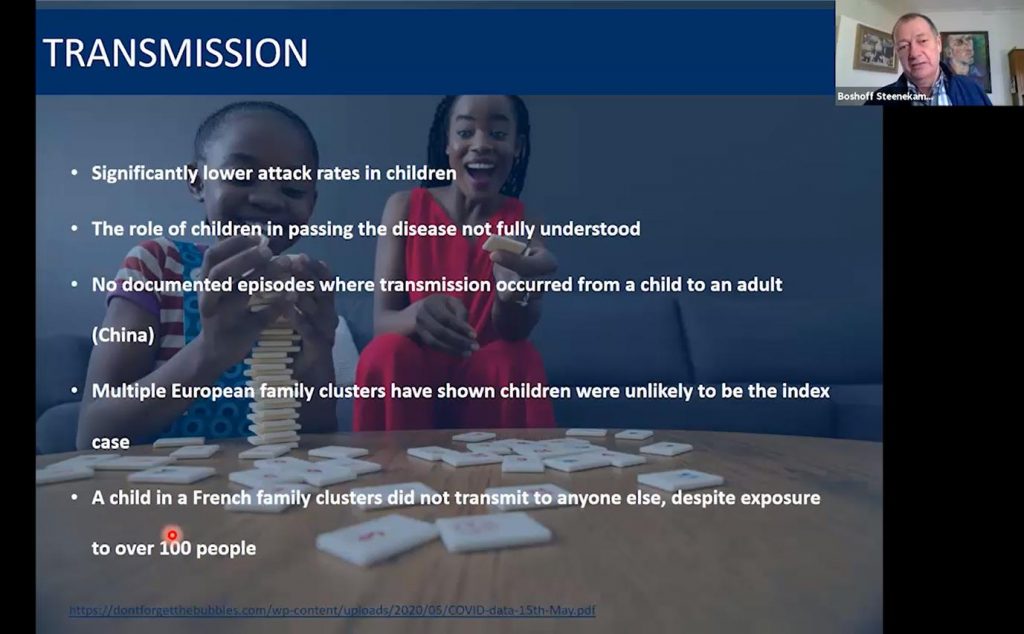
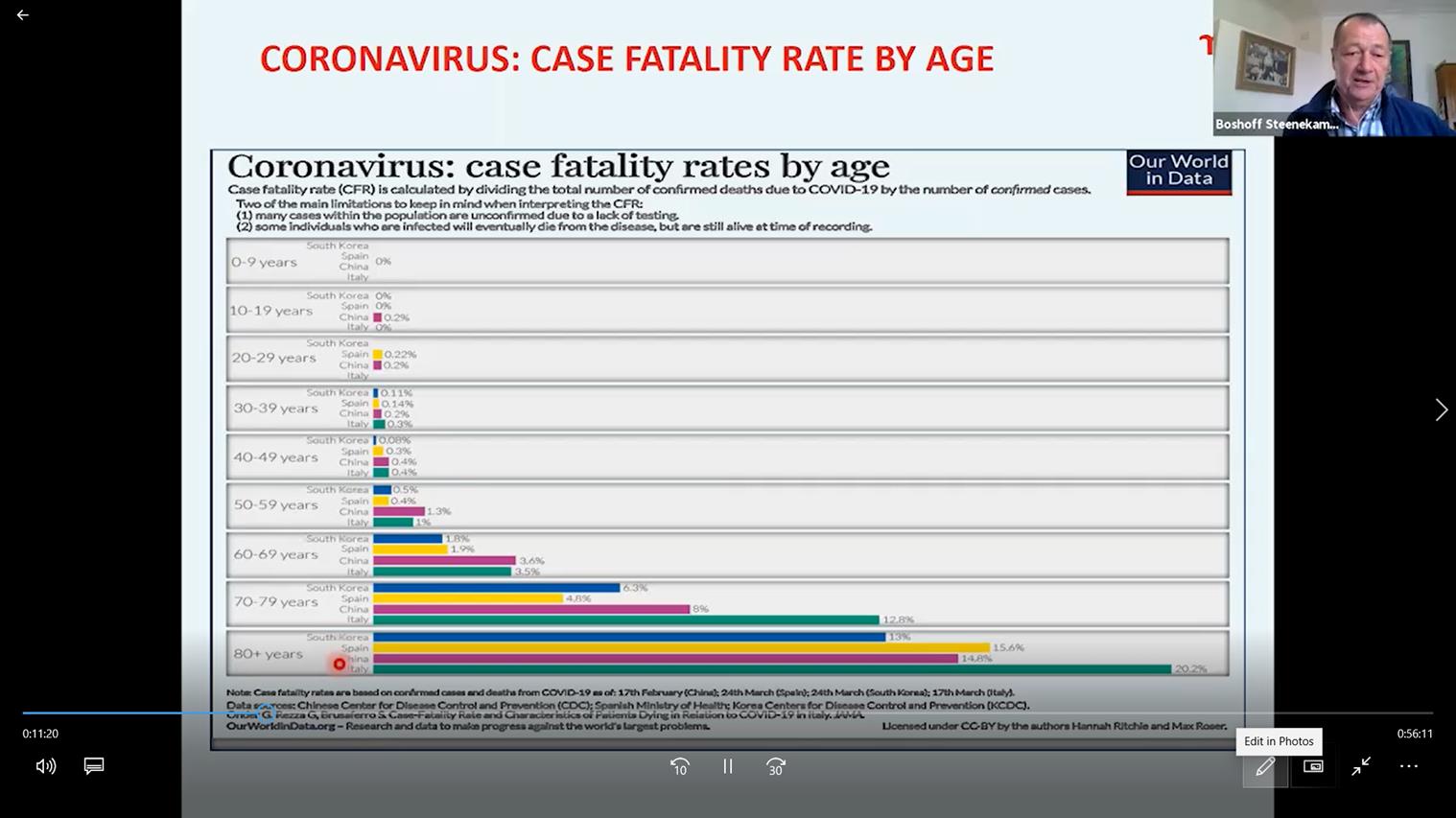
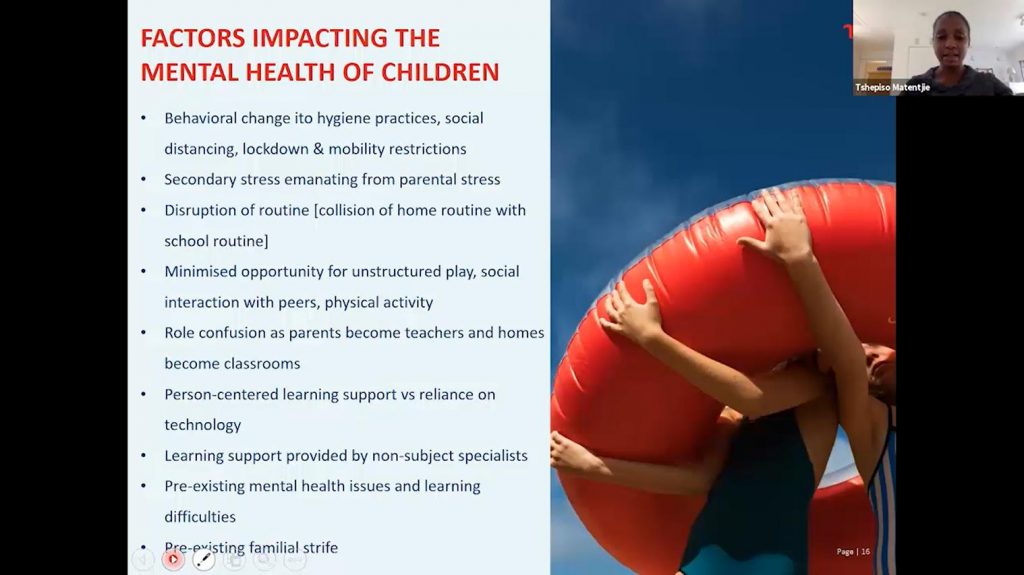
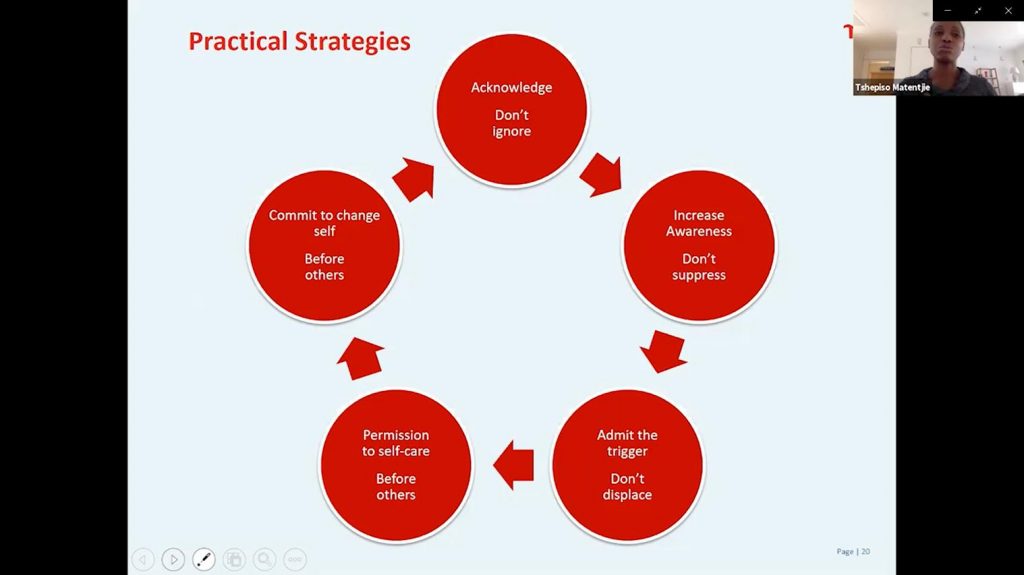
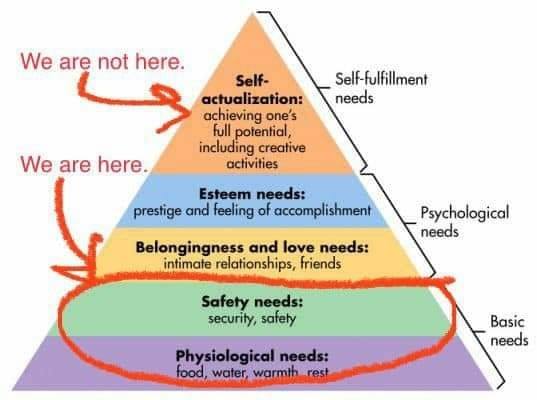



I think it’s an important topic. Thanks for writing them.
Love this article Thank you sharing some of the posts I have written Really appreciate it ❤️
Shame, tough for her… They are all struggling.
Thank you for this! Even my 11-year old finds it stressful to go out for a walk, and she misses her friends!